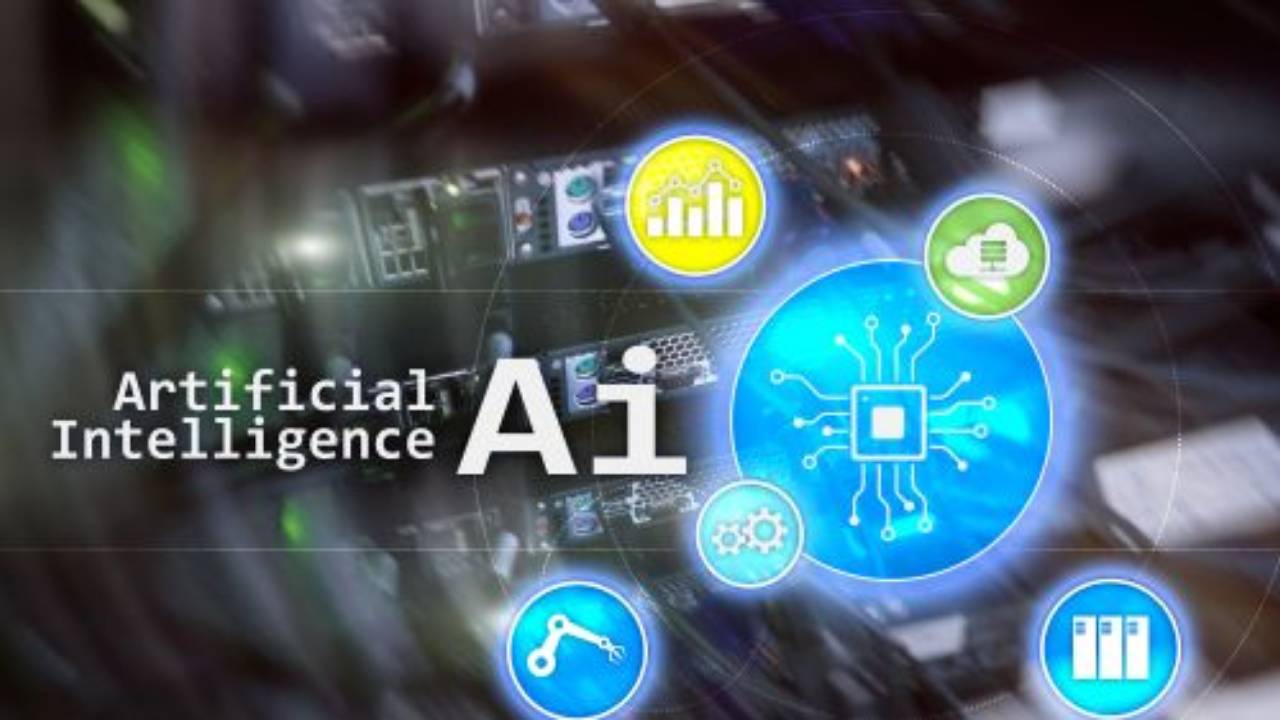Leveraging AI to Optimize the Independent Medical Evaluation Workflow
Nov 13, 2023
The strategic deployment of artificial intelligence stands to enhance and refine the independent medical evaluation (IME) process. It’s valuable to examine the integration of Large Language Models (LLMs) and other AI technologies across the three pivotal stages of an IME: data gathering, analysis, and report generation.
Data Gathering
AI applications can revolutionize data collection by systematically organizing and parsing through patient records. They have the potential to distill crucial information, offering a synthesized clinical narrative, a detailed chronological medical history, and initial diagnoses complete with corresponding ICD-10 codes. When evaluating visual data, such as imaging studies, AI's analytical prowess can be particularly beneficial. These tools could also be instrumental in pinpointing gaps in data, thereby optimizing the assessment trajectory. LLMs may take the lead in initial patient interviews and in the administration of patient-reported outcomes, while advanced wearable tech and connected diagnostic devices could provide objective data from physical examinations.
Analysis
In the analytical phase, AI’s ability to aggregate and interpret scientific studies and clinical protocols bolsters evidence-backed analysis. LLMs, in particular, might uncover significant patterns and discrepancies within the data, addressing specific client queries. Automating components of the impairment assessment could be more efficient with AI, which can identify relevant diagnostic information and interact with clinicians to gather additional necessary data. When leveraging an LLM trained on the AMA Guides, for example, it could propose an impairment rating along with a detailed rationale. However, proprietary content usage raises important considerations regarding permissions and licensing.
Report Generation
In generating reports, LLMs can offer significant assistance by drafting detailed analyses, evaluations of care, causation, work capability assessments, and projections of future care needs. AI can also create illustrative graphics. Furthermore, LLMs can compile a comprehensive draft, critique the content, and formulate executive summaries. It is critical, though, that the final report reflects the medicolegal expert’s professional judgment, supported by factual data, evidence-based medicine, and recognized guidelines.
Integrating these tools via Application Programming Interfaces (APIs) could seamlessly sync evaluation data with claims management systems, enhancing both process efficiency and stakeholder communication.
In essence, AI technologies like LLMs are poised to automate and improve routine data-related tasks in IMEs, freeing human experts to apply their critical thinking and analytical skills where they are most needed. The harmonious blend of human and AI capabilities could elevate the precision, speed, and reliability of medicolegal assessments, with vigilant governance and validation of AI-generated content being paramount to mitigate associated risks.



